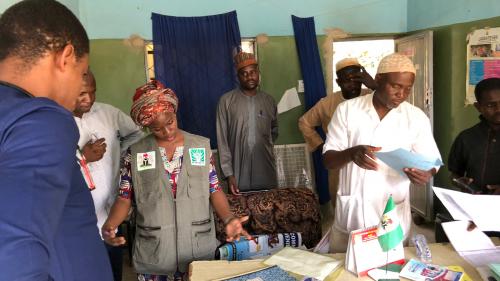A key insight of social studies of medicine is that knowledge about disease is always shaped by the wider social context within which that knowledge is produced. It is important to understand how particular ways of knowing and managing disease emerged (i.e. the histories of knowledge and response relating to a given disease), and how certain framings of disease become powerful (i.e. the politics of knowledge about disease), because these political and historical processes shape the way that resources are organised and response priorities are understood.
A good understanding of background information about disease, alongside awareness of the historical and political dimensions of disease response, can help us to recognise important counter narratives and framings that might be overlooked in mainstream accounts, and if necessary to act as a critical voice to current responses to disease.






